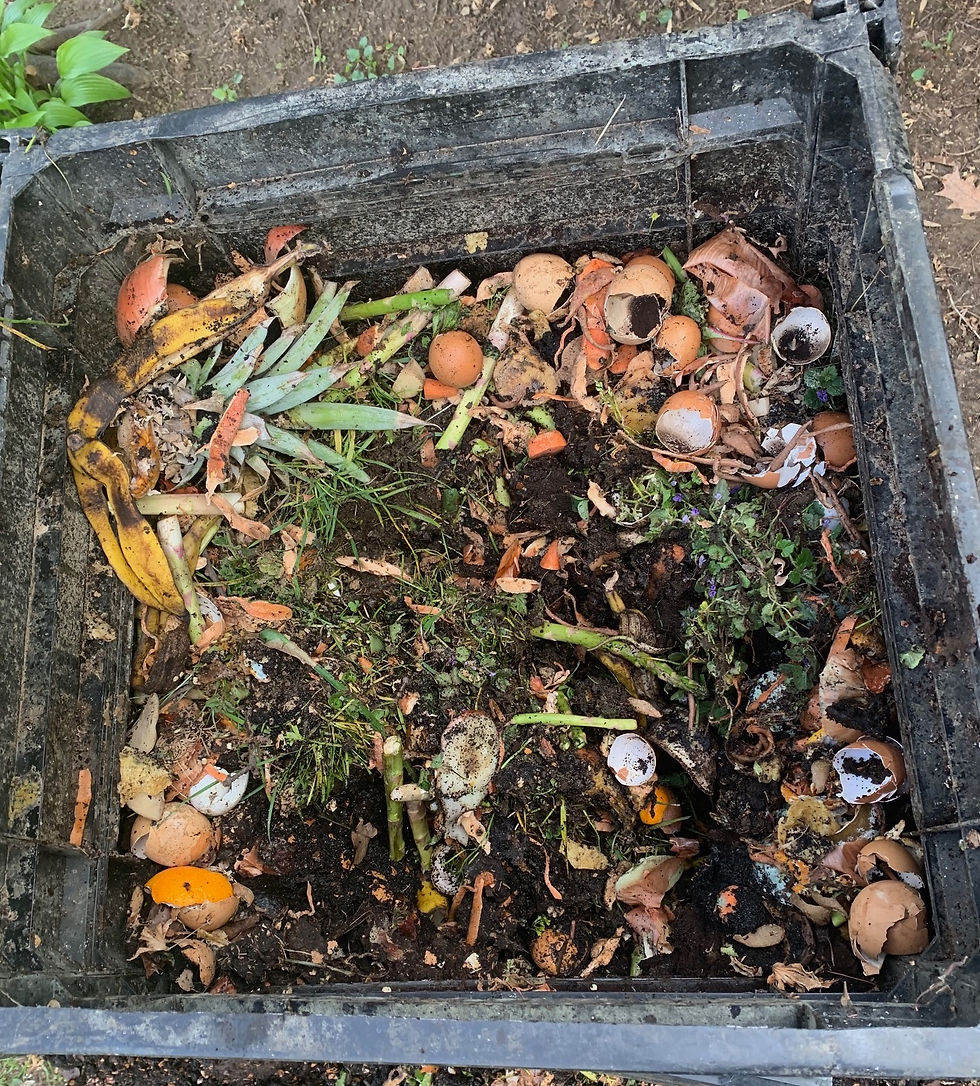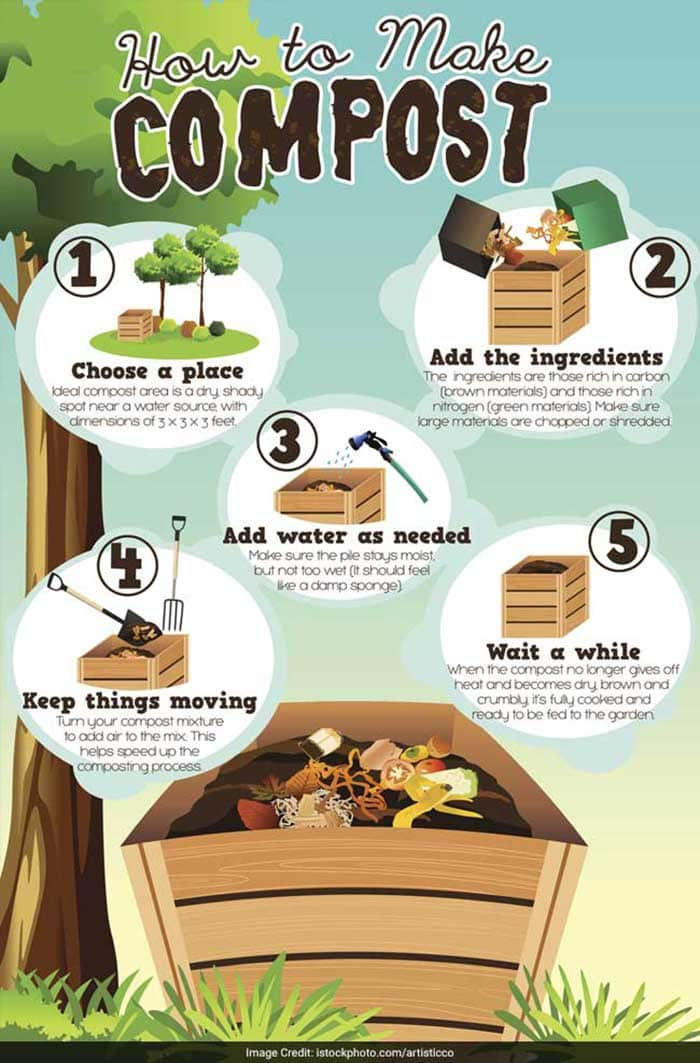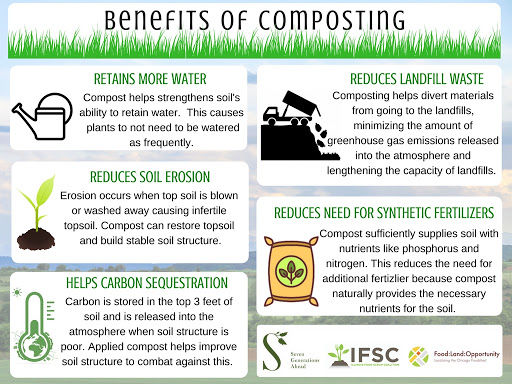Composting 101
- Emmett Deitcher

- Apr 16, 2020
- 2 min read

A couple years ago, my dad bought this black plastic bin that we would throw our food scraps into after our meals. I complained about having to take the compost out because I did not understand what this ugly looking bin in our backyard was for. I would take the lid off and see all this decaying matter at the top and be a little grossed out. After my initial hostility towards our compost bin subsided, I saw how magical composting can be.

Like all natural cycles, composting is a way to reuse organic material in order to help grow plants. When this organic material (fruit peels, coffee grounds, dried leaves, etc.) is broken down, it can be used as an almost nutritious soil that boosts the productivity of plants. Often farmers use nitrogen-based fertilizers that can be ecologically destructive. Alternatively, compost does not contain these detrimental chemicals and can greatly improve soil health. Soil health is important in order to prevent droughts, land overuse, and other ecological disasters.

Here are some of the amazing environmental upsides of maintaining a composting system! Even if you don't have a garden to insert your compost into right away, you can still reduce landfill waste. Many gardeners and community gardens will gladly accept your compost!
As you can see, composts are pretty easy to start and can be a good way to reduce you and your family's carbon footprint. I personally love the idea that my banana peels from a year ago are helping to grow my garden. Nothing that we throw out really goes away so the ability to reintegrate old waste into new systems is essential in sustaining our way of life.
If you want to learn more, click this link and get composting!







留言